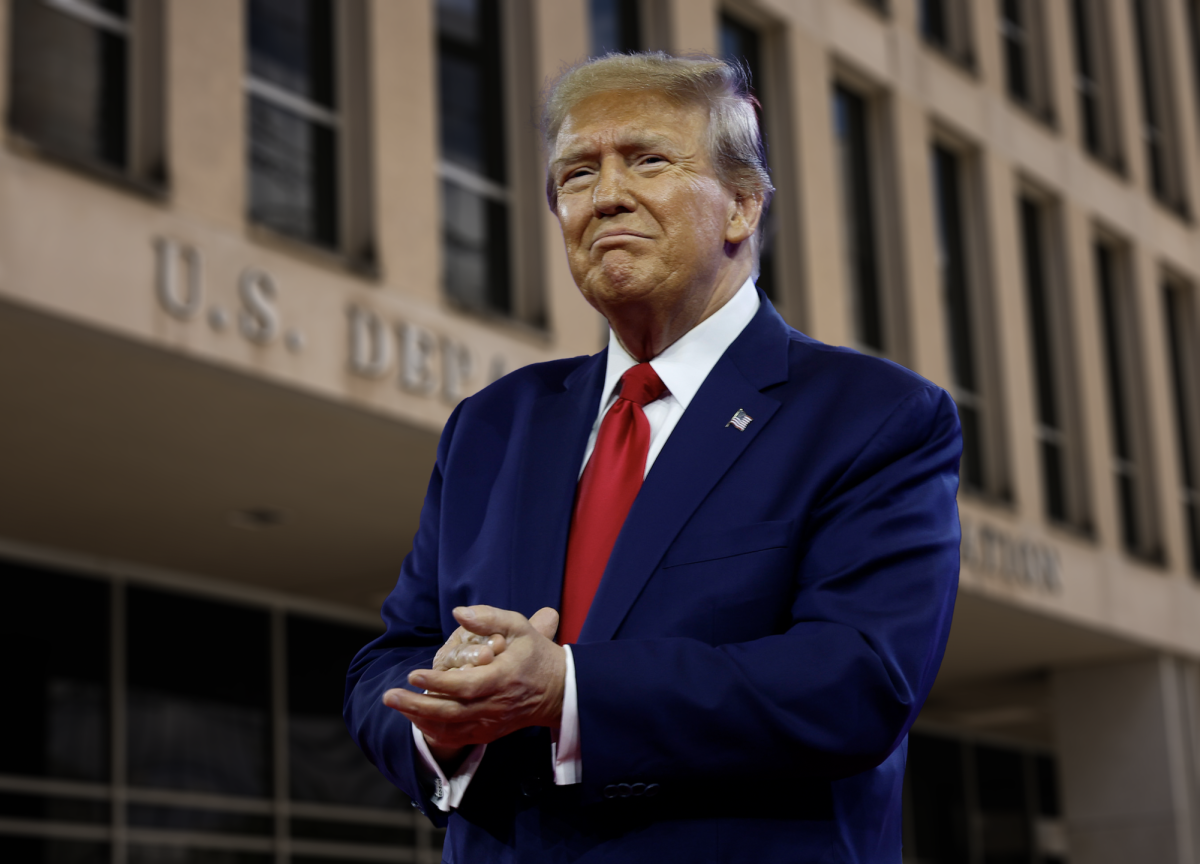Throughout his presidential campaign, Donald Trump reiterated his commitment to dissolving the Department of Education (DOE) and returning its powers to state governments.
Trump explained his reasoning for the proposal in a campaign video.
“One other thing I’ll be doing very early in the administration is closing up the Department of Education in Washington D.C., and sending all education and education work and needs back to the states,” Trump said. “We want them to run the education of our children because they’ll do a much better job of it.”
Founded in 1979, the Department of Education is a cabinet department that oversees federal spending on education. The federal government divides the DOE into 17 offices, including the Office for Civil Rights (OCR) and the Office of Federal Student Aid (FSA).
OCR explains its role at the DOE as “to ensure equal access to education and to promote educational excellence through vigorous enforcement of civil rights in our nation’s schools.”
The office investigates claims of discrimination based on age, disability, race, ethnicity and sex. Title IX, which targets sex-based discrimination in education, falls under the jurisdiction of OCR.
The FSA monitors federal student aid. Incoming and returning college students apply for federal aid using the FASFA form. According to the FSA office, 17.5 million college students apply for federal aid each year with the hopes of attending college.
The FASFA office distributes federal student aid based on a student’s income, date of application and school funding level. Potential financial aid options include loans, Pell grants and work-study programs.
According to USA Spending, the federal budget allocates $241.66 billion in budgetary resources to the DOE.
Trump described how his administration would fund students’ educations if he succeeded in closing the DOE.
“We want federal education dollars to follow the student rather than propping up a bloated and radical bureaucracy in Washington, D.C.,” Trump said. “We want to close the federal Department of Education.”
Students across the nation anticipate the potential effects of Trump’s proposed plan. Sophomore pre-dental hygiene major Kaleb Ballard shared his opinion on Trump’s comments on the Department of Education.
“This action will have a severely negative impact on students and the American population as a whole,” Ballard said. “Removing access to education is detrimental to any society. An educated society is a productive one. When that access is barred, specifically from minorities, it becomes an even deeper problem.”
Trump will need congressional support to institute his plan. Dismantling the DOE would require an act of Congress and a supermajority, or 60% of votes, in the Senate.



